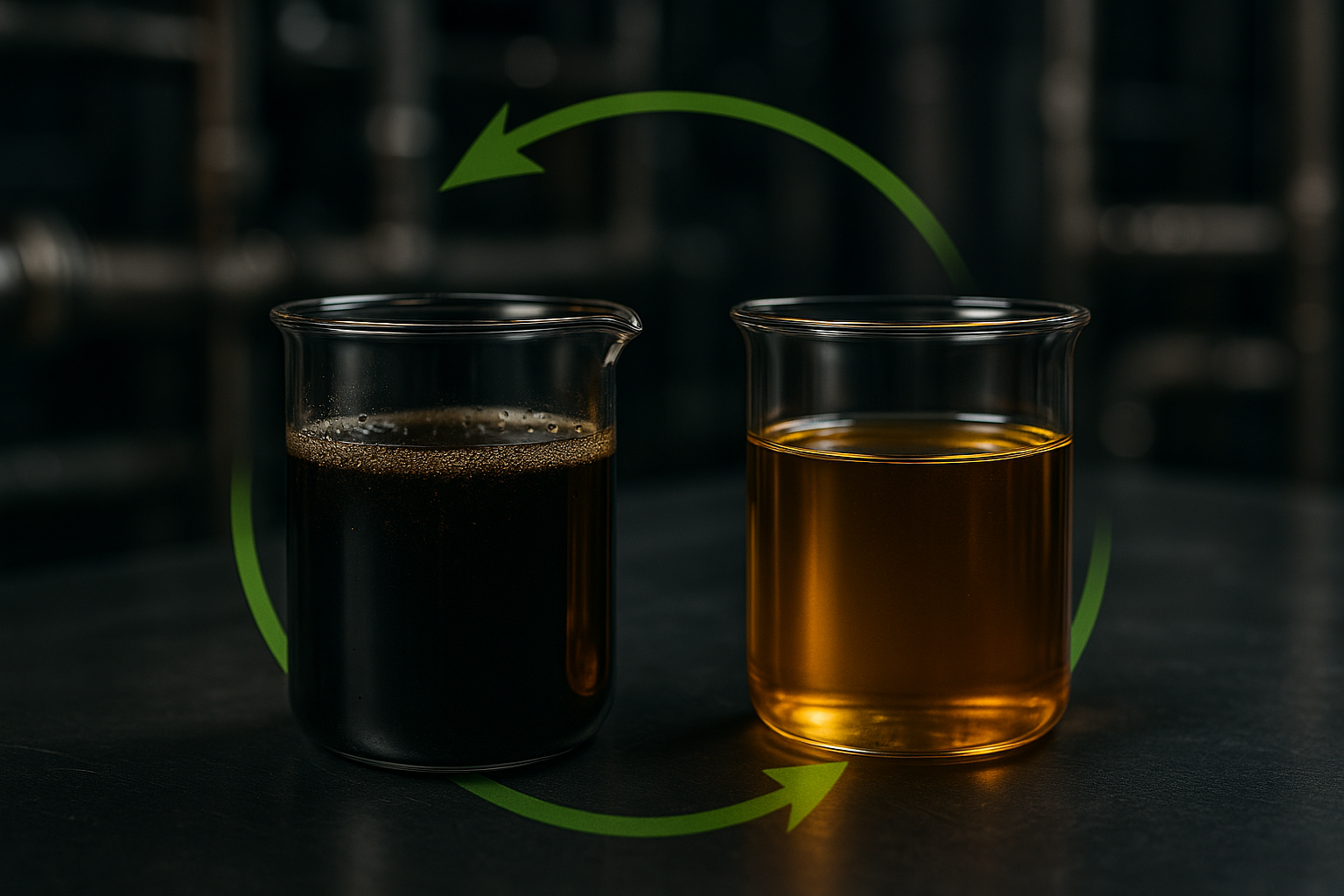Sistemas hidráulicos atuais estão cada vez mais modernos, eficientes e produtivos. Fabricantes atuam frequentemente visando à redução de tempos de ciclo e das folgas entre as superfícies metálicas, à medida que elevam a pressão, a potência e a força de escavação das máquinas. Esses são aprimoramentos de grande importância, tornando os equipamentos atuais mais produtivos e fáceis de operar.
Entretanto, essas melhorias também trouxeram maior necessidade de limpeza nos sistemas de fluido durante a vida útil do produto, por estarem mais sujeitos a desgastes prematuros e a perdas de eficiência. Agentes contaminantes nos fluidos podem acarretar significativa diminuição de produtividade, por meio de um processo lento e gradual, no qual tal perda pode passar despercebida em muitos casos.
Em sistemas hidráulicos contaminados, por exemplo, pode haver perda de eficiência de até 20% antes que o operador note o problema, o que representaria um dia de produtividade desperdiçado por semana, isso sem mencionar a possibilidade de falhas catastróficas.
Visando a combater esse problema, foram criadas algumas normas para controle e contagem de partículas, sendo as principais delas a ISO 4406, sobre a qual falamos anteriormente, e a norma NAS 1638, tema do nosso post de hoje.
NAS 1638 e as classes de contaminação do óleo
A norma NAS 1638 avalia o nível de contaminação por meio da contagem de partículas em 100 ml, conforme cinco diferentes faixas de tamanho, que podem ser conferidas a seguir:
- De 5 a 15 micrômetros
- De 15 a 25 micrômetros
- De 25 a 50 micrômetros
- De 50 a 100 micrômetros
- Maior ou igual a 100 micrômetros
A classificação da NAS 1638 é mais simples e prática, ocorrendo conforme a faixa de tamanho mais encontrada entre as cinco categorias acima em uma dada amostra. A tabela abaixo representa as diferentes classes avaliadas por essa norma, indo do número 00 ao 12, em que o primeiro é o óleo mais limpo, e o último, o óleo mais sujo, respectivamente. Veja a seguir:
|
Micro
filtragem
|
5 a 15
µm
|
15 a 25
µm
|
25 a 50
µm
|
50 a 100
µm
|
≥ 100
µm
|
|
|
C L A S S E NAS |
00 | 125 | 22 | 4 | 1 | 0 |
| 0 | 250 | 44 | 8 | 2 | 0 | |
| 1 | 500 | 89 | 16 | 3 | 1 | |
| 2 | 1.000 | 178 | 32 | 6 | 1 | |
| 3 | 2.000 | 356 | 63 | 11 | 2 | |
| 4 | 4.000 | 712 | 126 | 22 | 4 | |
| 5 | 8.000 | 1.425 | 253 | 45 | 8 | |
| 6 | 16.000 | 2.850 | 506 | 90 | 16 | |
| 7 | 32.000 | 5.700 | 1.012 | 180 | 32 | |
| 8 | 64.000 | 11.400 | 2.025 | 360 | 64 | |
| 9 | 128.000 | 22.800 | 4.050 | 720 | 128 | |
| 10 | 256.000 | 45.600 | 8.100 | 1.440 | 256 | |
| 11 | 512.000 | 91.200 | 16.200 | 2.880 | 512 | |
| 12 | 1.024.000 | 182.400 | 32.400 | 5.760 | 1.024 |
Confira o exemplo abaixo de uma contagem de partículas em um fluido, por faixas de tamanho:
| Tamanho | Quantidade | Classe NAS |
| 5 a 15 µm | 27.358 | 7 |
| 15 a 25 µm | 239 | 3 |
| 25 a 50 µm | 65 | 4 |
| 50 a 100 µm | 10 | 3 |
| ≥ 100 µm | 0 | 0 |
Na situação acima, o fluido analisado será avaliado como Classe 7, isto é, a encontrada em maior quantidade na amostra. Essa categorização funciona de forma diferente à norma ISO 4406, atribuindo apenas um número de classe. Esse aspecto permite uma leitura rápida e prática do óleo; contudo, não mensura todas as informações relativas à classificação das partículas, tampouco as suas dimensões.
Conclusão
O monitoramento constante da limpeza e da qualidade dos fluidos é de suma importância para garantir o bom desempenho e a produtividade de seus equipamentos. Nesse sentido, metodologias como filtragem e microfiltragem do óleo hidráulico são fundamentais, já que atuam na eliminação de agentes contaminantes.
Esse é um procedimento que precisa ser feito mesmo em óleo novo, uma vez que ele pode vir com partículas contaminantes de fábrica. Dessa forma, você se previne de uma série de problemas, exigência de mais intervenções e maiores custos, como ocorre em casos de falhas de bombas ou válvulas e desgaste prematuro do equipamento.
Quer saber mais sobre normas de contagem de partículas, filtragem, microfiltragem e qual delas utilizar? Entre em contato com um de nossos especialistas ou faça uma cotação.


